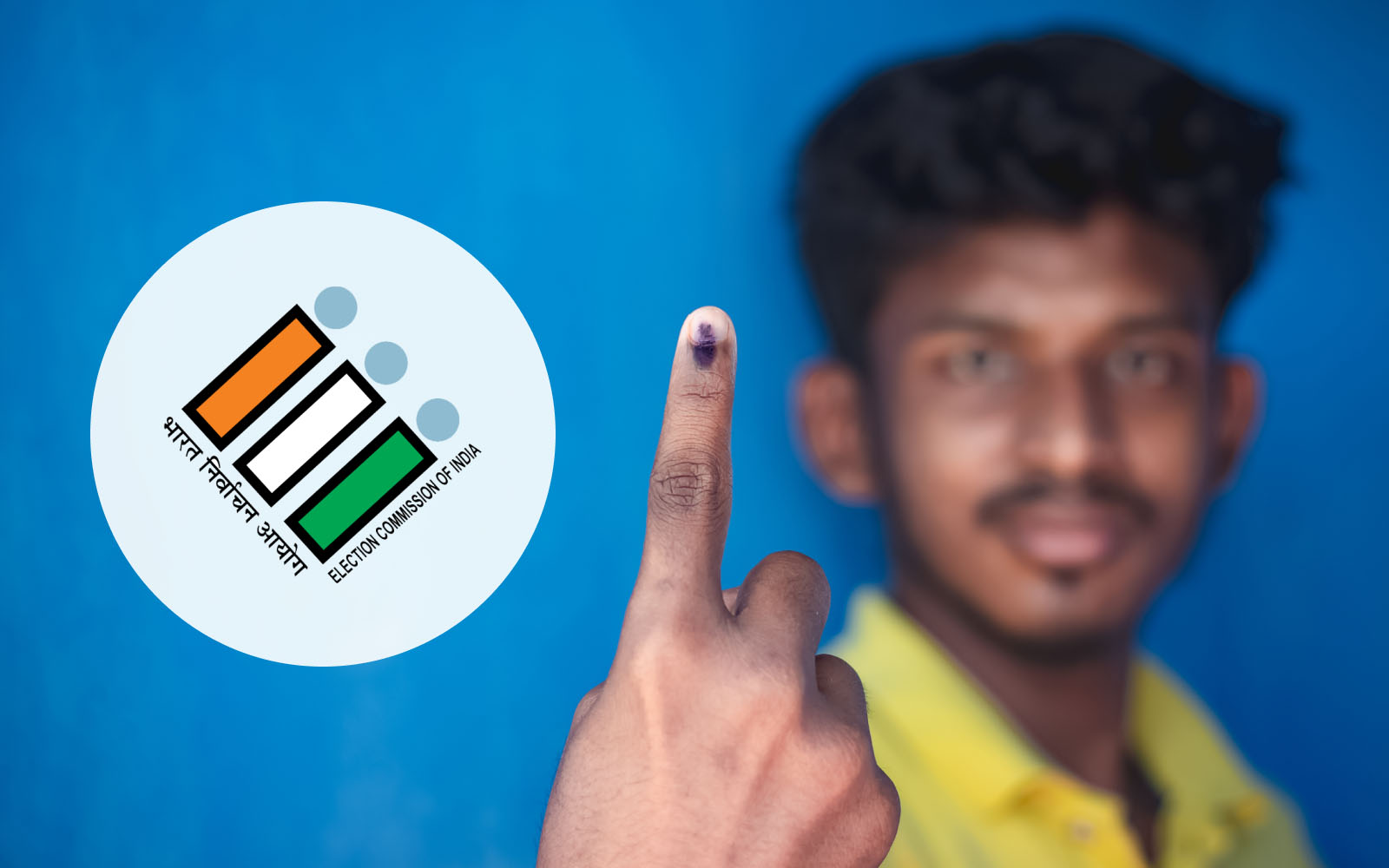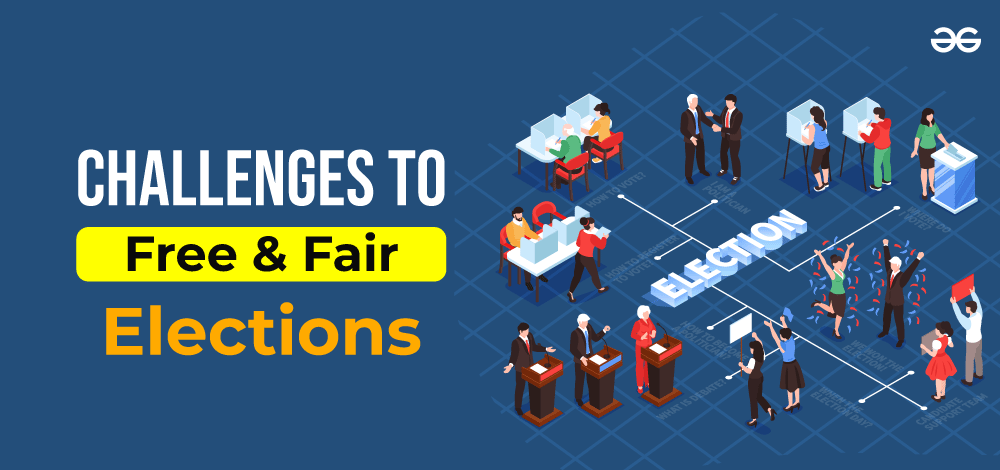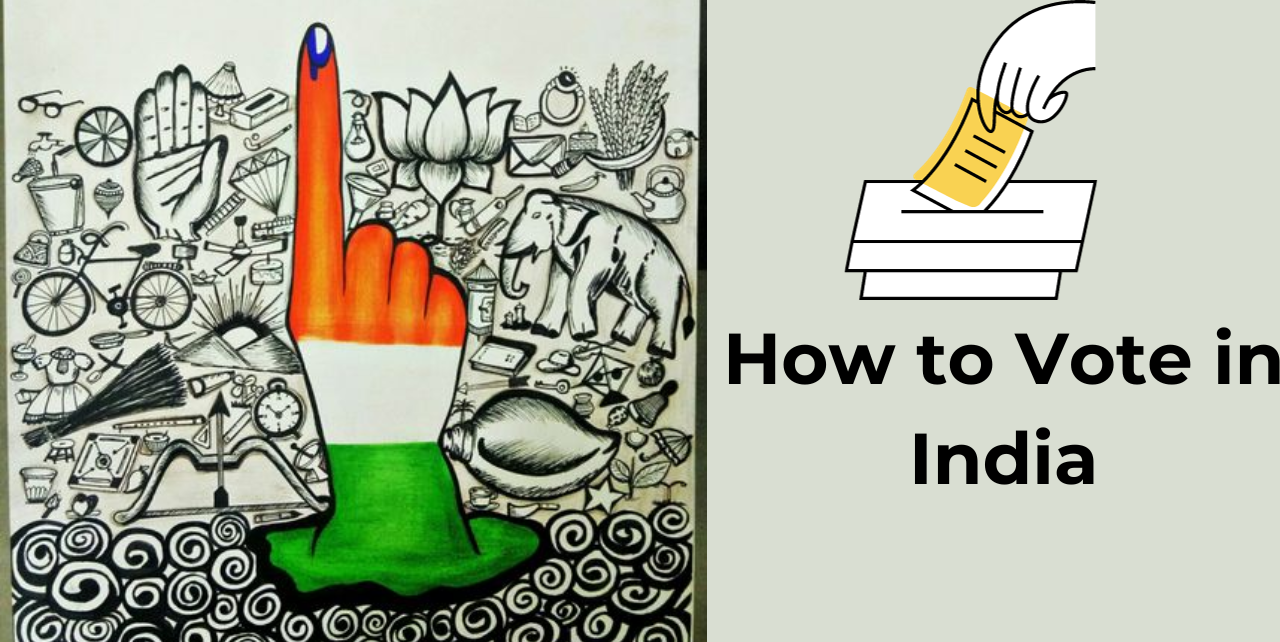Voter ID: Empowering Democracy Through Identification
1. Introduction to Voter ID
Voter ID, short for Voter Identification, refers to the requirement for voters to present some form of identification before being allowed to cast their vote in an election. It is a widely debated topic globally, with various countries implementing different voter ID laws and regulations.
2. Importance of Voter ID
Voter ID plays a crucial role in ensuring the integrity and security of electoral processes. By requiring voters to provide identification, governments aim to prevent voter fraud and maintain the credibility of elections. Additionally, voter ID helps in accurately verifying the identity of voters, thus reducing the risk of impersonation and electoral malpractices.
3. Voter ID Laws Around the World
Voter ID Requirements in the United States
In the United States, voter ID laws vary from state to state. Some states have strict voter ID requirements, mandating voters to present government-issued IDs such as driver's licenses or passports. However, other states have more lenient laws, allowing alternative forms of identification such as utility bills or bank statements.
Voter ID Laws in Europe
European countries also have diverse approaches to voter ID. While some nations like the United Kingdom have minimal ID requirements, others like Germany have stricter regulations, requiring voters to present official identification documents at polling stations.
Voter ID Requirements in Developing Countries
In many developing countries, voter ID laws are implemented to enhance the transparency and fairness of elections. However, challenges such as inadequate infrastructure and limited access to identification documents pose barriers to voter participation, particularly among marginalized communities.
4. Controversies Surrounding Voter ID
Voter Suppression Concerns
Critics argue that stringent voter ID laws disproportionately affect certain demographics, including minorities and low-income individuals, thereby disenfranchising vulnerable populations and suppressing voter turnout.

Debate on Election Integrity
Proponents of voter ID laws emphasize the importance of safeguarding electoral integrity and preventing fraudulent activities such as voter impersonation. However, opponents contend that instances of voter fraud are rare and that restrictive ID requirements may hinder eligible citizens from exercising their right to vote.
5. Benefits of Voter ID
Despite the controversies surrounding voter ID, proponents highlight several benefits, including enhanced electoral security, reduced fraud risks, and increased public confidence in the electoral process. Voter ID also helps in maintaining accurate voter rolls and preventing duplicate voting.

6. Challenges and Criticisms of Voter ID
Accessibility Issues
One of the primary criticisms of voter ID laws is their potential to disenfranchise individuals who lack access to appropriate identification documents, such as the elderly, homeless, and minorities. Such requirements can create barriers to voting, particularly for marginalized communities with limited resources.

Cost Concerns
Obtaining valid identification documents can be costly for some individuals, especially those facing financial hardships. The expenses associated with acquiring IDs such as driver's licenses or passports may disproportionately impact low-income voters, further exacerbating socioeconomic disparities in voter participation.
Discriminatory Impacts
Critics argue that voter ID laws disproportionately affect certain demographic groups, including racial minorities, students, and elderly voters. Such laws have been criticized for perpetuating systemic inequalities and hindering the democratic rights of marginalized communities.
7. Voter ID and Democracy
The debate over voter ID underscores broader discussions about democracy, citizenship, and voter rights. While proponents argue that voter ID laws are necessary to uphold electoral integrity, opponents advocate for measures that prioritize inclusivity and equal access to voting rights for all citizens.

8. Conclusion
In conclusion, voter ID remains a contentious issue with implications for democracy and electoral participation worldwide. While proponents emphasize the importance of safeguarding electoral integrity, critics raise concerns about potential barriers to voting and discriminatory impacts on marginalized communities. Moving forward, policymakers must balance the need for electoral security with the imperative of ensuring equal access to voting rights for all citizens.
Unique FAQs
1. Are voter ID laws effective in preventing voter fraud?
Voter ID laws can help in minimizing certain types of fraud, but their overall effectiveness remains subject to debate. Instances of voter impersonation, the primary target of voter ID laws, are relatively rare compared to other forms of electoral malpractice.
2. Do voter ID requirements disproportionately affect certain demographics?
Yes, voter ID laws have been shown to have a disproportionate impact on minority and low-income communities, as well as elderly and disabled individuals who may face challenges in obtaining valid identification documents.
3. What are some alternative measures to enhance electoral integrity without imposing voter ID requirements?
Alternative measures include implementing robust voter registration systems, enhancing election administration processes, and leveraging technology to verify voter identities securely while minimizing barriers to participation.
4. How do voter ID laws differ across countries?
Voter ID laws vary significantly from country to country, with some nations imposing strict requirements for identification at the polls, while others have more lenient regulations or no ID requirements at all.
5. What steps can be taken to address concerns about voter suppression and discrimination associated with voter ID laws?
Policymakers can consider implementing measures to ensure equitable access to identification documents, expanding voter education and outreach efforts, and enacting safeguards to prevent the disenfranchisement of vulnerable populations.